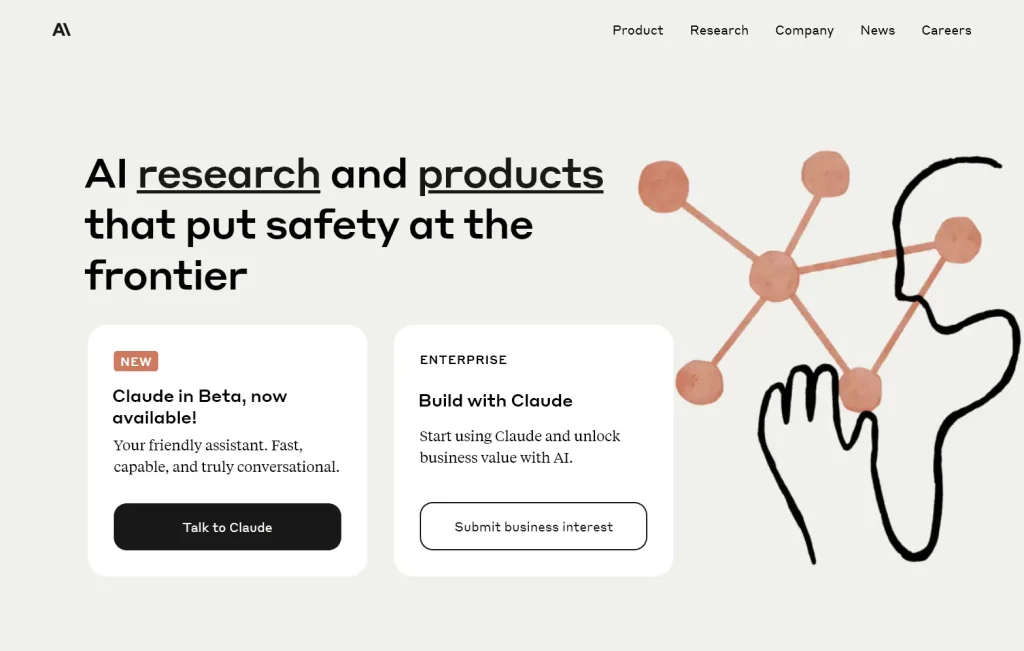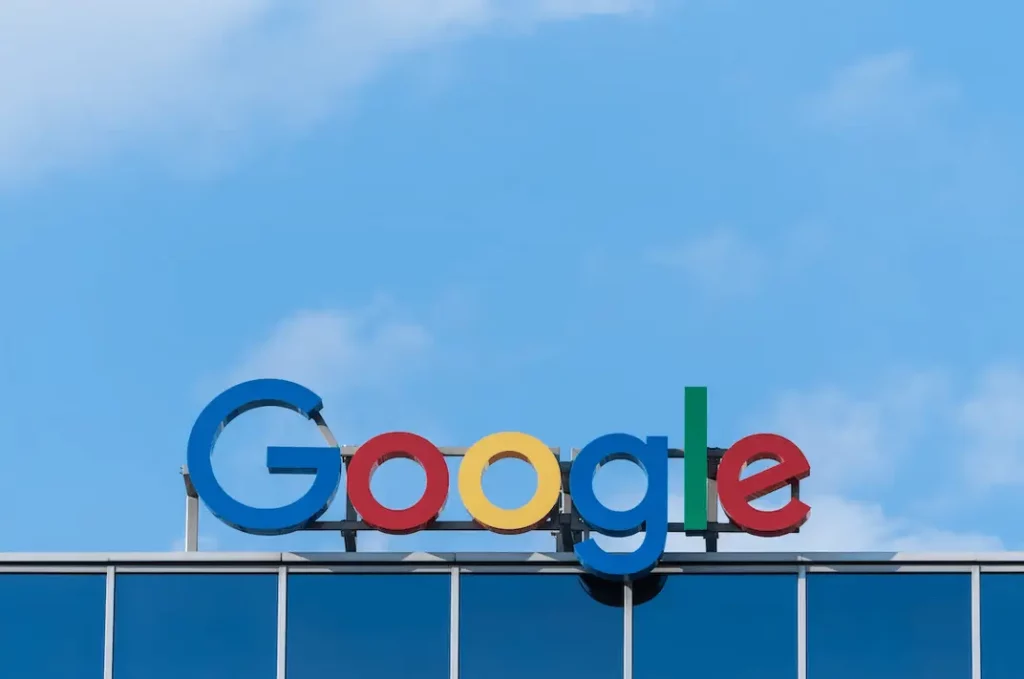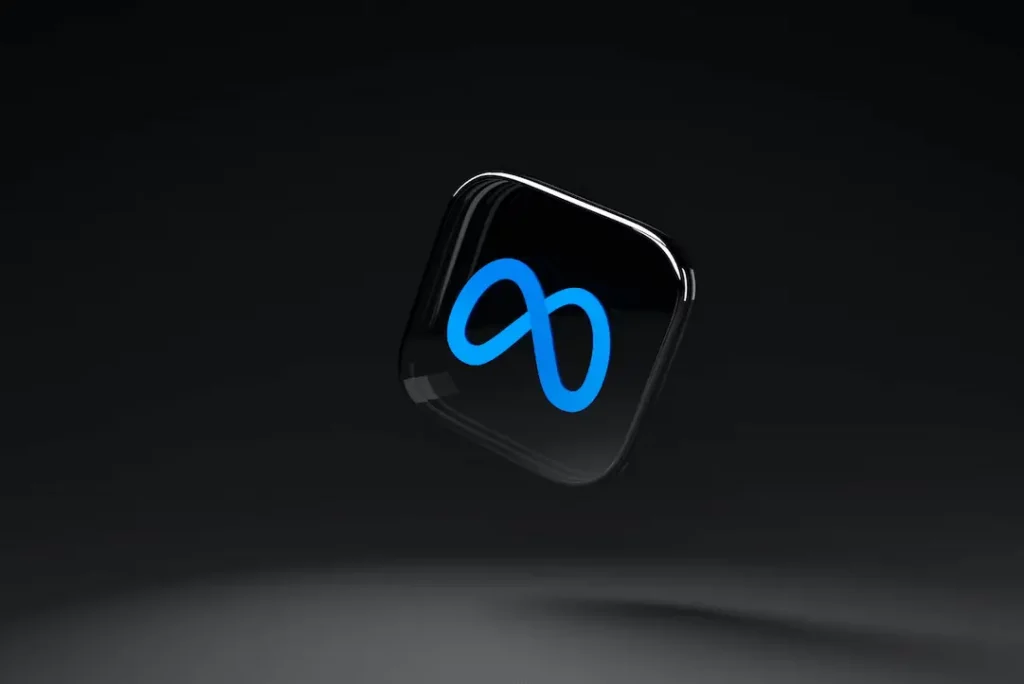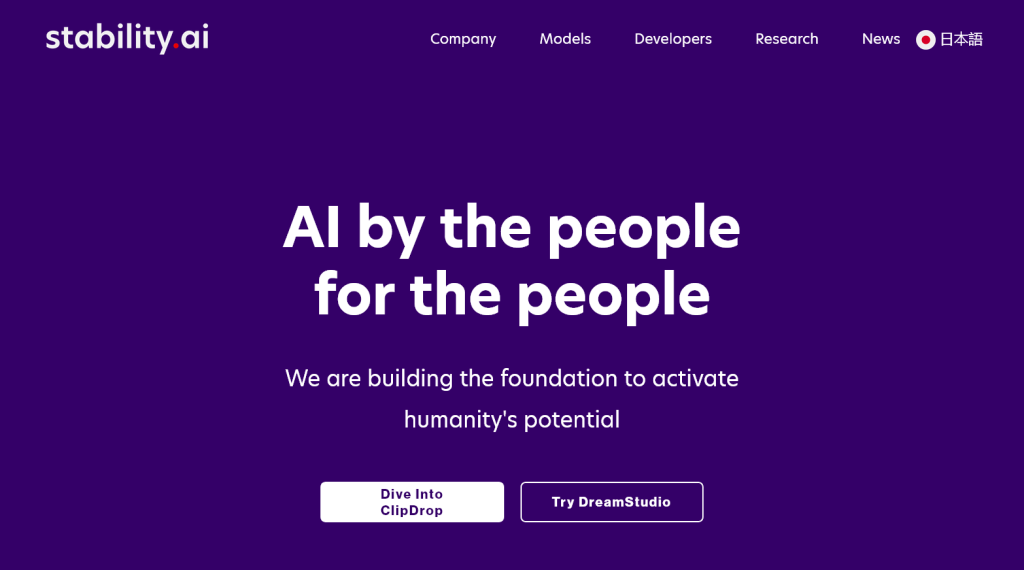AI has been at the forefront of most major tech publications throughout the last year, and it appears to have no signs of slowing down anytime soon. Leading technology companies are racing to develop and deliver impactful AI innovations. A few specific companies stand out as the top AI leaders driving advancements in the field. In this article, we will discuss some of the top AI companies based on their influence and innovation.

These industry leaders are not necessarily the biggest budgeted or most profitable. Rather, their influence stems from unlocking new capabilities in artificial intelligence. Many have embraced open-source models, helping to accelerate AI progress through collaboration. By sharing ideas and algorithms, they gain both valuable feedback and adoption.
Some concentrate on core research, developing new machine learning techniques and models. Others focus on specialized domains like computer vision or natural language. And some successfully integrate AI across consumer products and business operations. Their contributions have expanded the boundaries of what AI systems can accomplish.
This list looks at the companies making AI real, viable, and accessible. The following are 7 of the top AI leaders, selected for their technical innovations, research contributions, and bringing advanced AI to the public.
OpenAI
Founded in 2015, OpenAI is a San Francisco-based AI research laboratory. Their mission is to ensure AI technology benefits humanity. OpenAI created the popular AI system GPT-3 for natural language processing. GPT-3 can generate human-like text and is available to the public through an API. They have even developed AI agents using reinforcement learning to play the complex video game Dota 2. Backed by investments from Microsoft, OpenAI conducts leading research into AGI (artificial general intelligence).

As of today, OpenAI has advanced to GPT-4 and beyond, making their AI language models more powerful than ever. ChatGPT is still the public’s favorite tool, but those who have used GPT-4 will understand just how more complex the answers can be. With GPT-4.5 on the horizon, we can only imagine just how far OpenAI will take their GPT assistants.
NVIDIA
NVIDIA is a technology company based in Santa Clara, California. They are the leading producer of graphics processing units (GPUs) which provide the parallel processing power often used for AI computation. NVIDIA GPUs and software platforms like CUDA allow companies to develop and deploy deep learning models. Thanks to the Tesla cores available in most recent NVIDIA GPUs, even consumers are able to run and train AI models using their own hardware.

Through acquisitions, NVIDIA has obtained AI startups and research groups including DeepMap for mapping and localization, Mellanox for high-speed networking, and Merantix for healthcare AI.
Microsoft
An early AI adopter, Microsoft develops and implements AI across its products and services. Based in Redmond, Washington, their research group Microsoft Research has made major contributions in areas like computer vision, natural language processing, and machine learning. Microsoft products utilizing AI include Azure, Office 365, Dynamics 365, and the Bing search engine/chatbot. The company also offers AI APIs and development tools for building intelligent apps.

Microsoft recently announced the upcoming release of Microsoft 365 Copilot, which aims to package their AI tools into all of their cloud and office products. Thanks to Microsoft’s close ties with OpenAI, it’s likely that we will see more collaboration between these two AI giants.
Anthropic
Founded in 2021, Anthropic is an AI safety startup based in San Francisco. Their mission is to ensure AI systems are helpful, harmless, and honest. Anthropic has created Claude, an AI assistant focused on safety, transparency, and natural conversation. The assistant is trained with constitutional AI principles and self-supervised learning. Anthropic aims to make safe AI available to consumers through products like Claude.

More recently, Anthropic has released Claude 2 which gives the assistant a massive upgrade, adding features like document uploads, longer text limits, multi-language support and more.
Google/Alphabet
Google and its parent company Alphabet are leaders in AI research and development. Their work spans core AI capabilities like computer vision, neural networks, robotics, and natural language processing. Waymo develops self-driving cars using computer vision and deep learning, while DeepMind creates advanced algorithms for reasoning and learning. Google Brain works on AI applications for products like Google Search, Translate, Maps and Gmail. Alphabet offers AI development platforms and services through Google Cloud.

Google Bard is Google’s alternative to the likes of ChatGPT and Claude. With the power of Google Search as an information source, Bard can be used to answer complex queries that other LLMs and chatbots might struggle with. Google has hinted towards constant development for Bard, so we can expect to see the assistant chatbot become even better with time.
Meta
Meta (formerly Facebook) utilizes AI technology across its social media platforms. Based in Menlo Park, California, Meta develops computer vision systems for image and video understanding. Natural language processing powers the translation features in Facebook products. Meta AI Research explores areas like self-supervised learning and conversational agents. Internally, Meta leverages AI for content recommendation and moderation.

Meta AI recently released Llama 2, one of the most impressive open-source large language models to date, topping the Open LLM Leaderboard on Hugging Face.
Stability AI
A startup based in London, Stability AI created the image generator Stable Diffusion using a technique called latent diffusion. Released in 2022, Stable Diffusion produces high-quality images from text prompts using a deep neural network trained on millions of image-text pairs. The model is one of the most advanced AI systems for image generation and available to the public through APIs and demo apps. Stability AI also gives access to Stable Diffusion on their SaaS tool Clipdrop .

Thanks to it’s open-source nature, Stable Diffusion is able to be run on customer GPUs and hardware, making it easy for developers to contribute to the project.
These companies demonstrate the transformative potential of AI. Their contributions are accelerating AI innovations that can benefit people and improve productivity. Though numerous technology companies are advancing artificial intelligence, the efforts and focus of these leaders, in our eyes, sets them apart.


